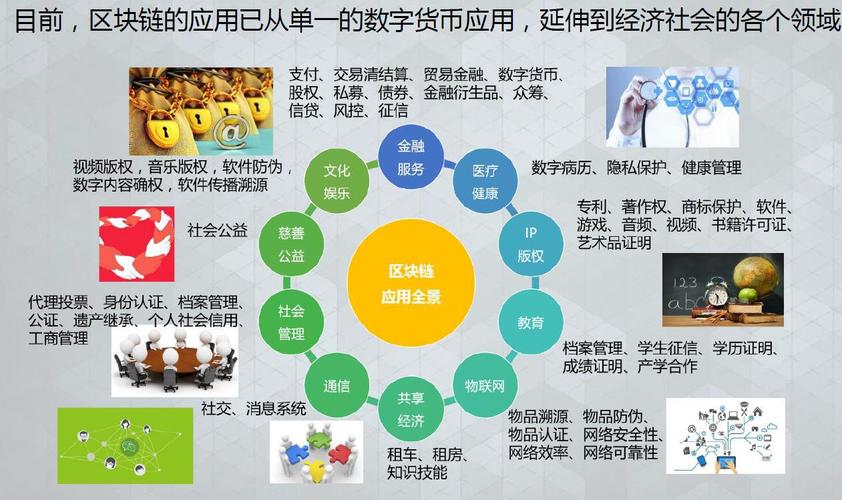Exploring the Concept of Barter on the Blockchain
Barter, the exchange of goods or services without involving money, has been a fundamental form of trade since ancient times. In today's digital age, the emergence of blockchain technology has opened up new possibilities for barter transactions through decentralization, transparency, and security. Let's delve into how the concept of bartering is being revolutionized by blockchain technology.
Traditional barter transactions often faced challenges due to the lack of a centralized authority to oversee exchanges. With blockchain technology, bartering can occur directly between individuals without the need for intermediaries. Smart contracts deployed on blockchain networks facilitate secure and automated exchanges, ensuring that both parties fulfill their obligations.
One of the key advantages of conducting barter transactions on the blockchain is the high level of transparency it provides. Every transaction is recorded on a public ledger that is immutable and transparent to all participants. This transparency fosters trust among users as they can verify the details of past exchanges and track the provenance of goods or services being exchanged.
Blockchain technology enhances the security of barter transactions by utilizing cryptographic algorithms to secure the network. Each transaction is cryptographically signed, making it tamperproof and resistant to fraud. This increased security reduces the risks associated with traditional barter exchanges, where the authenticity of goods or services may be questionable.

Overall, the integration of barter on the blockchain presents a promising avenue for redefining traditional trade practices. By harnessing the decentralized, transparent, and secure nature of blockchain technology, individuals can partake in barter exchanges with greater efficiency and confidence.

